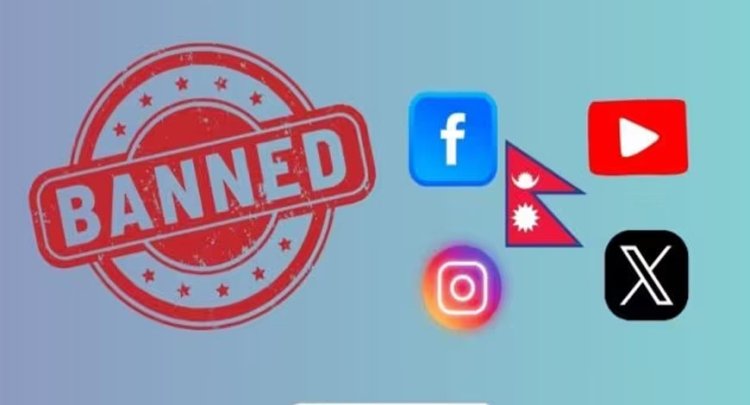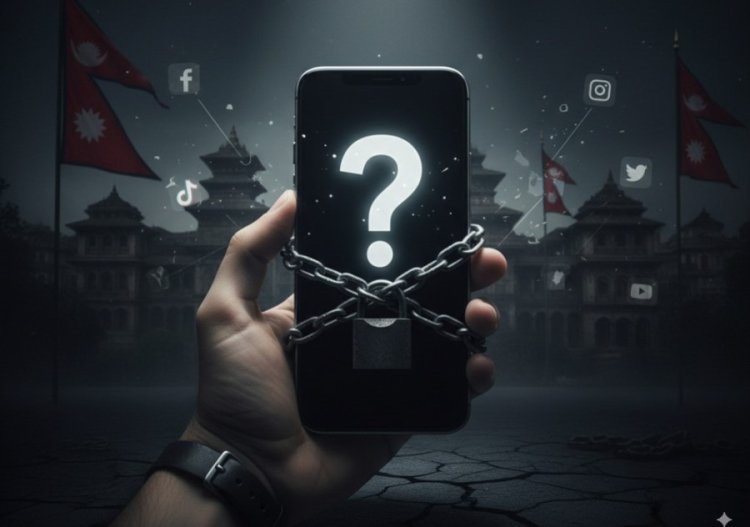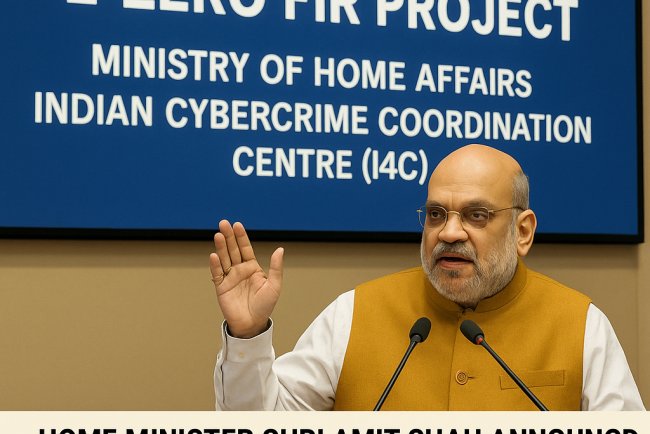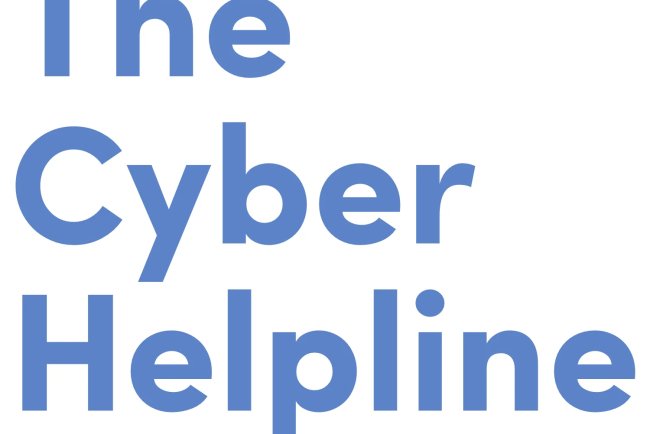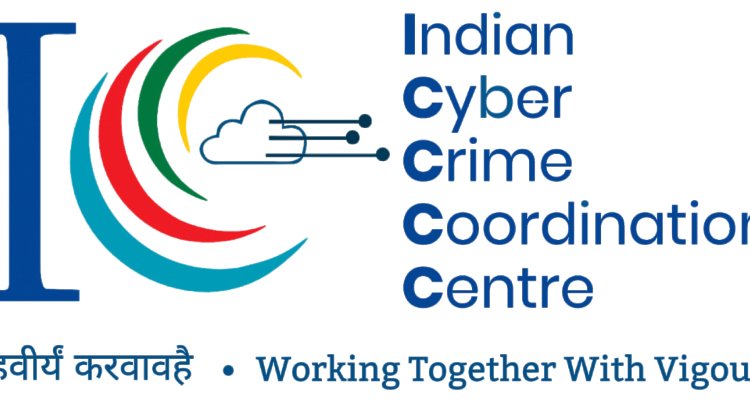“Nepal’s GenZ vs The Ban: When Digital Natives Rebel”
"Nepal’s social media ban has sparked outrage among GenZ, leading to protests, VPN use, and a generational clash with the government. Explore why digital natives won’t stay silent."
Introduction
In the heart of the Himalayas, Nepal is witnessing a generational storm. The government’s recent decision to ban social media platforms—a move intended to address misinformation, online scams, and rising digital unrest—has triggered an unexpected wave of rebellion. And at the forefront of this digital uprising stands Gen Z, a generation born with smartphones in their hands and social networks as their lifelines.
For Gen Z in Nepal, this ban is more than just a policy change; it feels like a personal attack on their identity, freedom, and daily existence. The fallout? Street protests, online circumvention tactics, and a nationwide debate about freedom of expression in the digital era.
Why the Ban Hit Harder for Gen Z
Unlike previous generations, Gen Z’s social and cultural identity is deeply tied to the digital world:
- Connection & Community: Friendships, activism, and even career opportunities thrive on platforms like Instagram, TikTok, and Facebook.
- Self-Expression: Social media is not just about entertainment; it’s their canvas for creativity and individuality.
- Information Flow: From memes to political updates, social media is their primary source of news.
When that ecosystem is suddenly shut down, it’s like cutting off electricity in a tech-driven society.
Gen Z’s Reaction: From Frustration to Defiance
- Circumvention through VPNs – Within hours of the ban, many young Nepalis downloaded VPNs to bypass restrictions, proving that the digital native generation won’t be silenced so easily.
- Street Protests & Rallies – In Kathmandu and beyond, young people hit the streets demanding digital rights and freedom of speech. Their slogans reflect not just anger, but also a yearning for recognition.
- Memes as Protest – Ironically, the very thing banned—social media—became the medium of resistance. Memes, parody videos, and underground online groups became tools to ridicule the ban.
Psychological & Social Impact
The sudden disruption of digital spaces has led to:
- Frustration & Anxiety – Many students report feeling cut off from their peers and global communities.
- Identity Crisis – For a generation raised online, losing platforms feels like losing a part of themselves.
- Stronger Digital Underground – Ironically, the ban may push GenZ deeper into encrypted apps and dark-web style platforms, making regulation even harder.
The Bigger Picture: Clash of Governance vs. Digital Natives
The government’s move was aimed at curbing misinformation, hate speech, and the misuse of platforms. But by failing to engage with young voices, it sparked the opposite effect—widening the trust deficit between the state and its youth.
This is not just about banning apps; it’s about generational governance. A traditional ruling system is colliding with a globally connected generation that refuses to be silenced.
Conclusion
Nepal’s Gen Z has gone wild, not out of mere rebellion, but because the ban strikes at the very core of their identity and freedom. In an interconnected world, policies that ignore youth voices risk creating deeper divides and unrest.
The lesson? Social media isn’t just a luxury—it’s the language of this generation. If governments want peace and progress, they must learn to speak that language instead of silencing it.
Follow cyberdeepakyadav.com on
Facebook, Twitter, LinkedIn, Instagram, and YouTube
What's Your Reaction?







